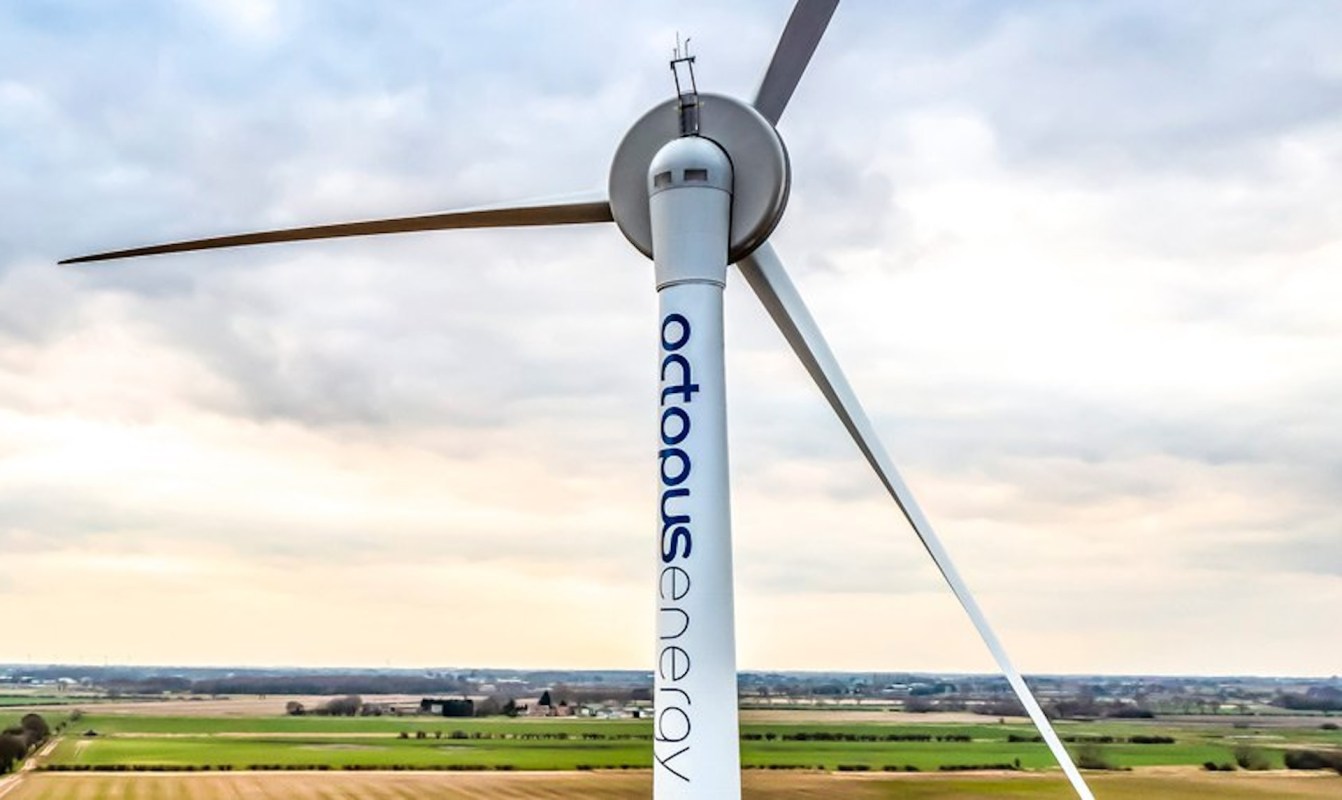A young company appears to be aptly named after a highly intelligent, adaptable creature, overcoming potential pitfalls to expand the clean-energy grid.
As Canary Media detailed, Octopus Energy is providing affordable, non-polluting electricity to approximately 5.3 million consumers worldwide and now serves 18% of the retail energy market in the United Kingdom.
A main key to the company's growth is the unique background of its founders, who come from the enterprise software industry.
"Fundamentally, we believe that renewable energy, a clean energy future, is a cheaper energy future. And our job is to build a system that makes that possible, that brings that benefit to households, but also to businesses and to economies," founder and CEO Greg Jackson told the outlet at South by Southwest in Austin, Texas, last March.
Octopus Energy, which was established in 2016 and spent $6.3 billion on its own renewable power plants, has attracted the eyes of investors with its proprietary single-operating system, which has allowed it to expand in a way that is unconventional for traditional clean utility brands.
The "Kraken" tech, which the company said cuts operating costs by 40%, has been purchased and incorporated by legacy utility providers, including EDF and E.ON in the United Kingdom, and it runs nearly half of interactions in UK households.
"When we spoke to energy companies, they're typically very conservative, understandably," Jackson told Canary Media, speaking to the number of clean-energy startups that have failed to deliver or sustain success. "So we actually built an energy company as the demo client … And it so happens, that energy company is becoming very big."
A second key is Octopus Energy's diverse portfolio takes the guesswork and extra steps out of certain purchases.
It has comprehensive packages to assist consumers with transitions to electric vehicles, as well as its own line of heat pumps, as reported by Canary Media.
It also sells installation packages for solar panels and home batteries. The rates for those plans differ, as the price is worked into the electric bill, but they can regularly reduce consumer costs by as much as 86%.
While Octopus isn't the first to try this idea, Huck Capital founder and CEO Steve McBee told Canary Media that it may be able to succeed where his company failed because it has "total alignment" with its investors.
Other programs by Octopus, such as the Fan Club, offer extra savings on wind power during particularly gusty days.
"If we build a wind farm in our brand, near your town, and you switch to our company, you'll get cheaper power," Jackson told Canary Media.
Octopus Energy is now operating in 10 countries and powering 2.2 million households, with its combined projects eliminating 2.1 million tons of carbon pollution every year, according to its website.
It has more than 240 large-scale projects already under its belt, and it has ambitious long-term plans to expand and renew, including outfitting as many as 1,000 old wind turbines in the U.K. with the latest technology by 2030.
Join our free newsletter for cool news and actionable info that makes it easy to help yourself while helping the planet.









